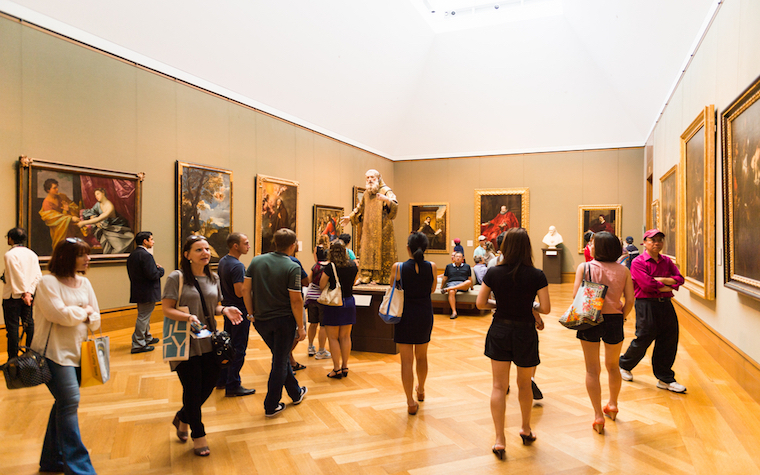As a major metropolitan hub in Ontario, the city of Toronto is investing in the arts in a big way.
The Toronto Arts Council has been helping to support artistic activities in the city since 1974. The council, run by a volunteer board, compiles information on grant programs and other opportunities for artists and engages in the community to help integrate arts into the city's landscape.
Newer programs are also changing the way that artists work in the city.
A nonprofit called Artscape has landed corporate donations, including $5 million from Daniels Corp., to support a project called Artscape Daniels Launchpad, a 30,000-square-foot space on the waterfront, according to a recent Globe and Mail article.
Projects like these are often aimed at making the arts more practical and accessible in urban areas.
“It's one thing to have an idea - and everyone has ideas – it's a whole other thing to transform the idea into a business model, and then into a business,” Catherine Moore, adjunct music and business professor at the University of Toronto, said in a press statement as quoted in the Globe and Mail.
How much potential is there for projects like this to bridge the gap between creative and business forces?
“Businesses are starting to understand the value of the arts,” Nancy Mata told Toronto Business Daily. Mata is an art and design professor at Millersville University in Millersville, Pennsylvania, who is also engaged in trying to promote the arts in her own community.
One example, she said, is a project called Make717 that has created a member-based “maker space” at Thaddeus Stevens College in the city of Lancaster, Pennsylvania
Due to a library grant, individuals can join up to use 3D printers, laser cutters, milling machines and other equipment with their library cards, Mata said.
“Artists will come into these spaces,” Mata said. “It starts to create an incubator/collaborator where people are helping each other to learn and grow in different kinds of ways.”
When the maker project runs out of grant money, the leadership will look to businesses to form different kinds of sponsorship relationships, such as mentorships where a business might sponsor certain numbers of members, Mata said.
“We’re building these kinds of bridges,” Mata said. “It takes a while.”
Mata said art events like First Fridays in Lancaster, can start to set the foundation for more appreciation for the arts.
At the same time, she said, artists are better understanding the necessity for a business plan and strategy when it comes to developing their artistic and creative ambitions.
“It goes both ways,” Mata said.
Artscape representatives did not respond to calls for comment.







 Alerts Sign-up
Alerts Sign-up